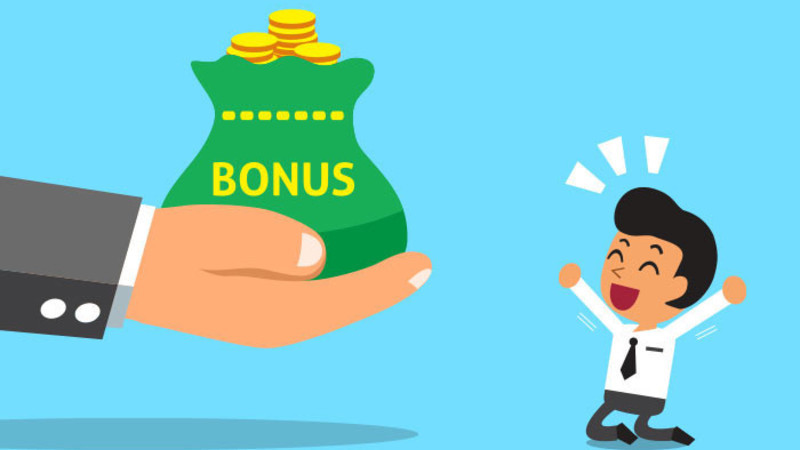Return-to-Work Bonuses - Arizona Department of Economic Things To Know Before You Get This

The Main Principles Of Apple aims to prevent defections with $180000 bonuses - Los
Think about the last time a checkout clerk offered you a reward discount rate on a product or you came across a reward feature in a film. You probably felt quite terrific, best? Individuals enjoy the concept of rewards since "additional" or "free" stuff is hard to pass up. It's why we get excited as consumers, and also why they captivate us when thinking about a job offer.
Understanding how they work and why they're supplied in the office can assist you pick between a task with bad settlement and one where you're set economically. We'll break 'em down so you come out sensation like a pro: 1. What Is a Perk? A bonus offer is "a form of compensation that's not guaranteed and that is typically paid after the completion of a specific event," states Adi Dehejia, The Muse's Chief Financial Officer.

HR Magazine - Hot topic: Peer-to-peer bonuses

Another Biglaw Heavy Hitter Announces Bonuses - Both Year-End And Special Bonuses!!! - Above the LawAbove the Law
That stated, a lot of rewards are discretionary, meaning rather than the perk being tied to a particular quota, your level, or your performance, a supervisor simply gets to choose who is and isn't worthy of one, as well as how much the benefit is. As you can envision, this makes rewards a pretty made complex topic for companies and workers alike.
Why Do Companies Supply Perks? Often bonuses are offered because that's what the market informs business to do. If other companies of comparable size, industry, or geography are providing their staff members benefits, a business may feel obligated to do the exact same to contend for excellent talent. Check For Updates is why you'll rarely discover a sales role without a benefit structure.

Which Bonus Structure Is Best for Your Company?
Everything about The Tax Effects of Paying Bonuses to Employees - The

However the main reason companies are drawn to perks is since they motivate workers to work hard to help the business succeed. "They wish to align incentiveslike, 'You succeed if the business does well,'" says Dehejia. And it tends to pay offpeople who know they can make more cash by bringing in more profits, whether straight (like sales) or indirectly (like marketing or executive leadership) are going to be highly motivated to do so.
